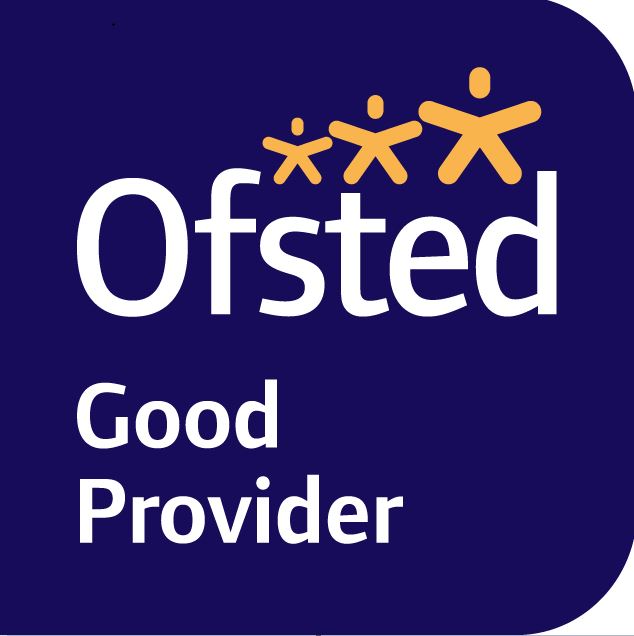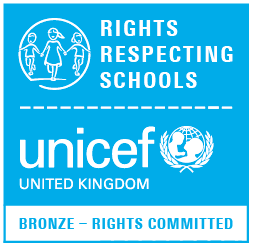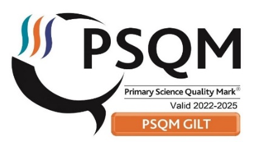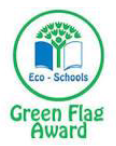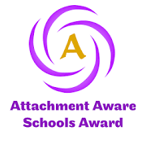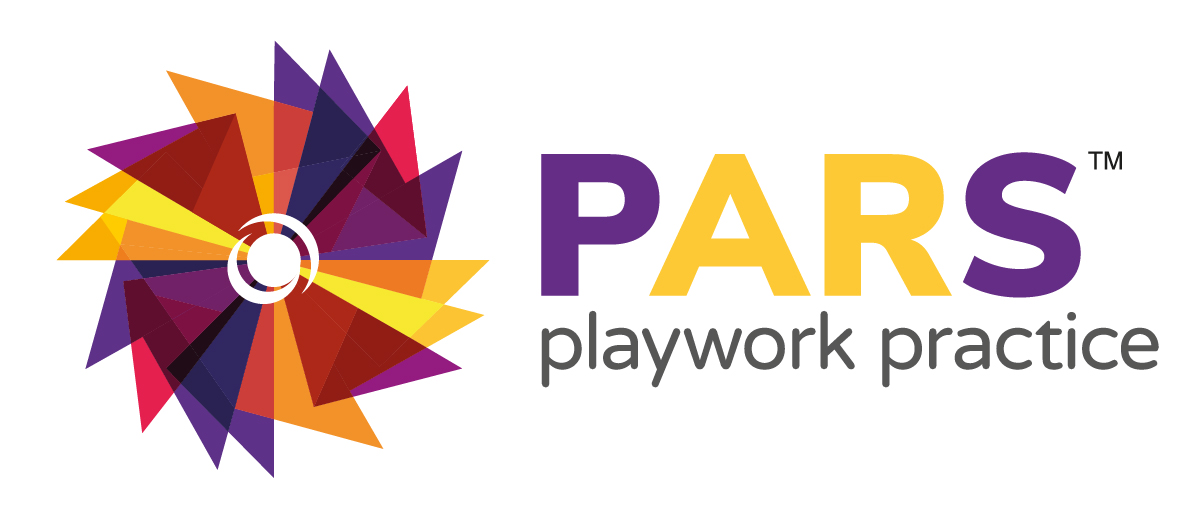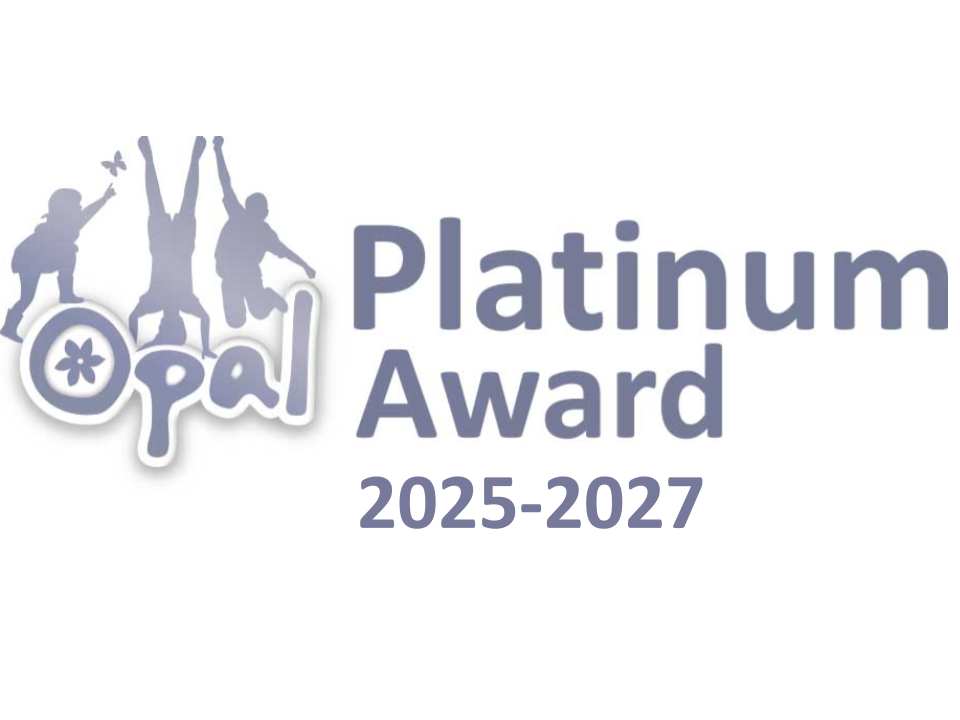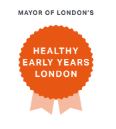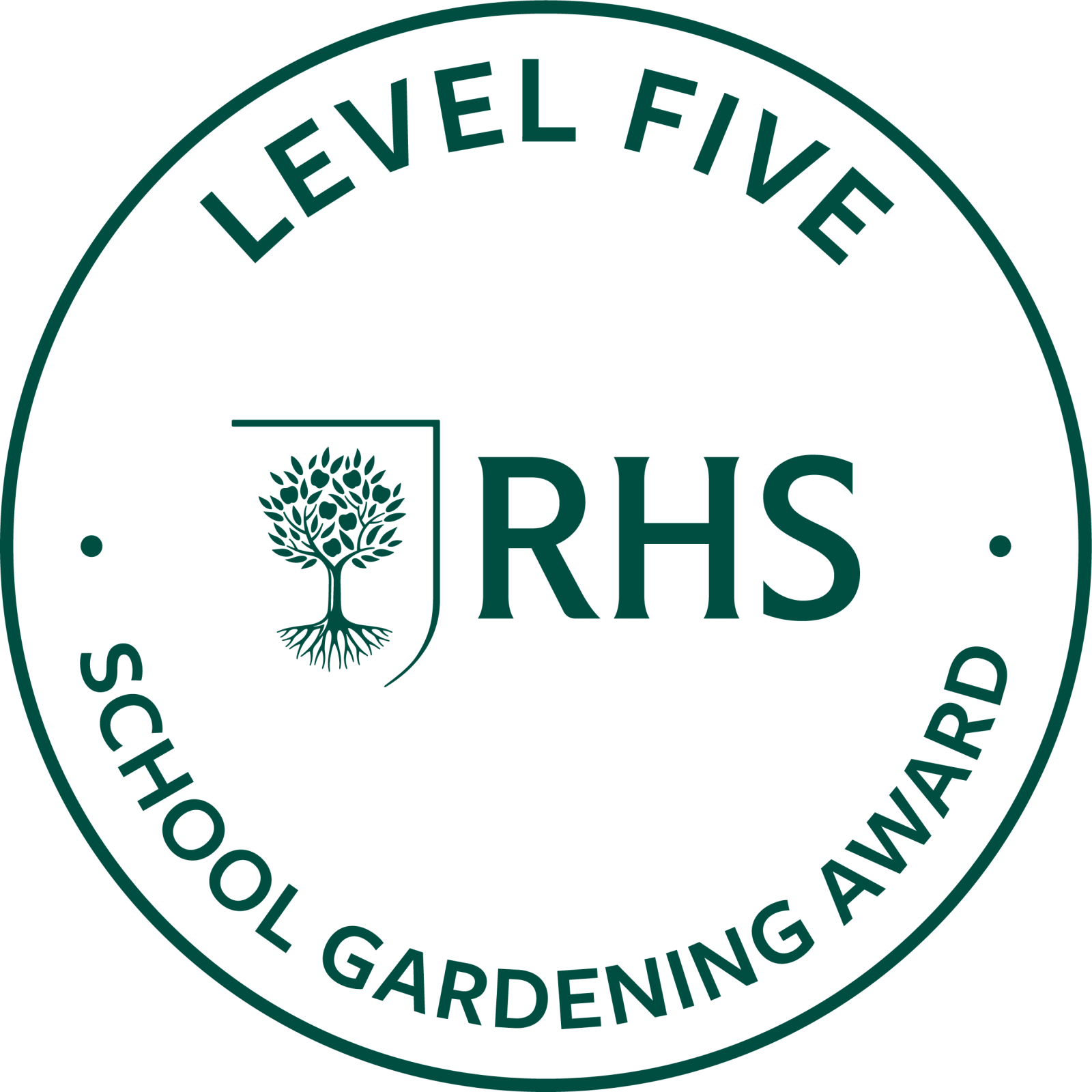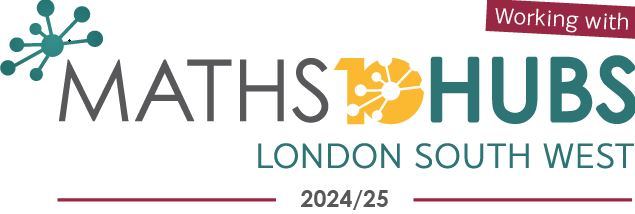Personal, Social & Health Education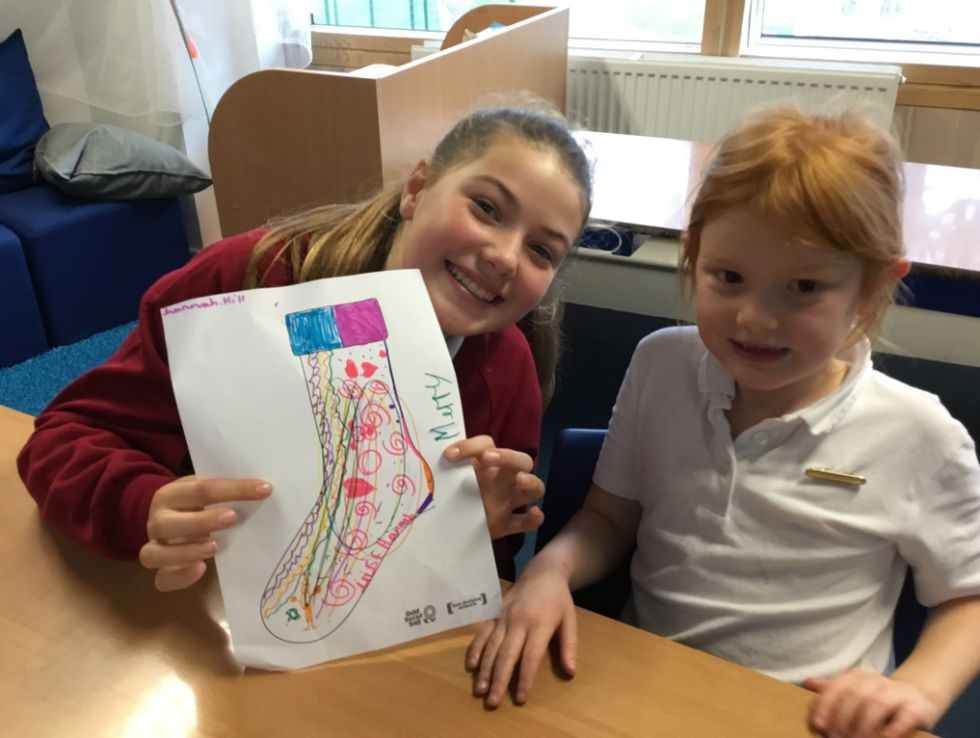
Our Vision for PSHE
We believe that it is our responsibility to help pupils grow into responsible and caring adults, who are able to contribute positively to society. We believe that this can be achieved through developing the skills and knowledge children will require in order to lead happy and healthy lives. Personal, Social, Health and Economic education (PSHE) and Relationships and Sex Education (RSE) are key factors in helping young people make affirming and responsible relationships and choices.
Our PSHE Curriculum
At St Matthew’s school we follow the PSHE Association’s thematic PSHE curriculum. Each term the whole school follows the three core themes.
- Autumn – Relationships
- Spring - Living in the wider world
- Summer - Health and wellbeing.
Following a spiral curriculum approach over the school year provides three topics per half term. This means that our pupils revisit the three themes each year, building on and developing their previous knowledge, understanding and skills previously learnt throughout their time at our school. Staff can tailor their lessons and objectives within these themes to the needs of the children in their classes, and enable the content to reflect the context of the school and local community. All year groups from Year 1 to Year 6 also are taught RSE lessons using the Christopher Winter Project resources at the beginning of the Summer term.
EYFS
In the EYFS, the teaching and learning of PSHE and citizenship is cross-curricular, taking a holistic view of the child's needs:
* Children are encouraged through topics and a play-based curriculum to play cooperatively and to take turns with others.
*Children are taught and encouraged to show sensitivity to others and form positive relationships with adults and other children as well as learn how to resolve conflicts.
*Children are taught to be confident to try new activities and are encouraged to be confident to speak to others.
PSHE links can be found embedded across all areas as well as discrete sessions which are more directly linked to the following three areas of learning and development: Personal, Social and Emotional Development, Physical Development and Understanding the World.
KS1
In KS1, our pupils are introduced to the spiral curriculum, where they develop their previous understanding, skills and knowledge of the three key themes;
- Relationships
- Year 1 – Roles of different people; families; feeling cared for; recognising privacy; staying safe; seeking permission; how behaviour affects others; being polite and respectful
- Year 2 – Making friends; feeling lonely and getting help; managing secrets; resisting pressure and getting help; recognising hurtful behaviour; recognising things in common and differences; playing and working cooperatively; sharing opinions
- Living in the Wider World
- Year 1 – What rules are; caring for others’ needs; looking after the environment; using the internet and digital devices; communicating online; strengths and interests; jobs in the community
- Year 2 – Belonging to a group; roles and responsibilities; being the same and different in the community; the internet in everyday life; online content and information; what money is; needs and wants; looking after money
- Health and Wellbeing
- Year 1 – Keeping healthy; food and exercise, hygiene routines; sun safety; recognising what makes them unique and special; feelings; managing when things go wrong; how rules and age restrictions help us; keeping safe online
- Year 2 – Why sleep is important; medicines and keeping healthy; keeping teeth healthy; managing feelings and asking for help; growing older; naming body parts; moving class or year; safety in different environments; risk and safety at home; emergencies
- RSE
- Year 1- Keeping clean, growing and changing, families and care
- Year 2- Differences: boys and girls, differences: male and female, naming the body parts
Lower KS1
In Lower KS2, our pupils continue with the spiral curriculum, developing and consolidating their previous understanding, skills and knowledge of the three key themes;
- Relationships
- Year 3 – What makes a family; features of family life; personal boundaries; safely responding to others; the impact of hurtful behaviour; recognising respectful behaviour; the importance of self-respect; courtesy and being polite
- Year 4 – Positive friendships, including online; responding to hurtful behaviour; managing confidentiality; recognising risks online; respecting differences and similarities; discussing difference sensitively
- Living in the Wider World
- Year 3 – The value of rules and laws; rights, freedoms and responsibilities; how the internet is used; assessing information online; different jobs and skills; job stereotypes; setting personal goals
- Year 4 – What makes a community; shared responsibilities; how data is shared and used; making decisions about money; using and keeping money safe
- Health and Wellbeing
- Year 3 – Health choices and habits; what affects feelings; expressing feelings; personal strengths and achievements; managing and reframing setbacks; risks and hazards; safety in the local environment and unfamiliar places
- Year 4 – Maintaining a balanced lifestyle; oral hygiene and dental care; physical and emotional changes in puberty; external genitalia; personal hygiene routines; support with puberty Medicines and household products; drugs common to everyday life
- RSE
- Year 3- Differences: male and female, personal space, family differences
- Year 4- Growing and changing, what is puberty, puberty changes and reproduction
Upper KS2
In Upper KS2, our pupils continue with the spiral curriculum, developing and consolidating their previous understanding, skills and knowledge of the three key themes;
- Relationships
- Year 5 – Managing friendships and peer influence; physical contact and feeling safe; responding respectfully to a wide range of people; recognising prejudice and discrimination
- Year 6 – Attraction to others; romantic relationships; civil partnership and marriage; recognising and managing pressure; consent in different situations; expressing opinions and respecting other points of view, including discussing topical issues
- Living in the Wider World
- Year 5 – Protecting the environment; compassion towards others; how information online is targeted; different media types, their role and impact; identifying job interests and aspirations; what influences career choices; workplace stereotypes
- Year 6 – Valuing diversity; challenging discrimination and stereotypes; evaluating media sources; sharing things online; influences and attitudes to money; money and financial risks
- Health and Wellbeing
- Year 5 – Healthy sleep habits; sun safety; medicines, vaccinations, immunisations and allergies; personal identity; recognising individuality and different qualities; mental wellbeing; keeping safe in different situations, including responding in emergencies, first aid and FGM
- Year 6 – What affects mental health and ways to take care of it; managing change, loss and bereavement; managing time online; human reproduction and birth; increasing independence; managing transition; keeping personal information safe; regulations and choices; drug use and the law; drug use and the media
- RSE
- Year 5- Talking about puberty, male and female changes, puberty and hygiene
- Year 6- Puberty and reproduction, understanding relationships, conception and pregnancy, communicating in relationships
Year 5 and 6 also receive a visit from the health visitor to help deliver their RSE content and the health visitor also provides a drop-in for the Year 6 children to help support them with their transition to secondary school.
pshce parents forum slides.pdf


